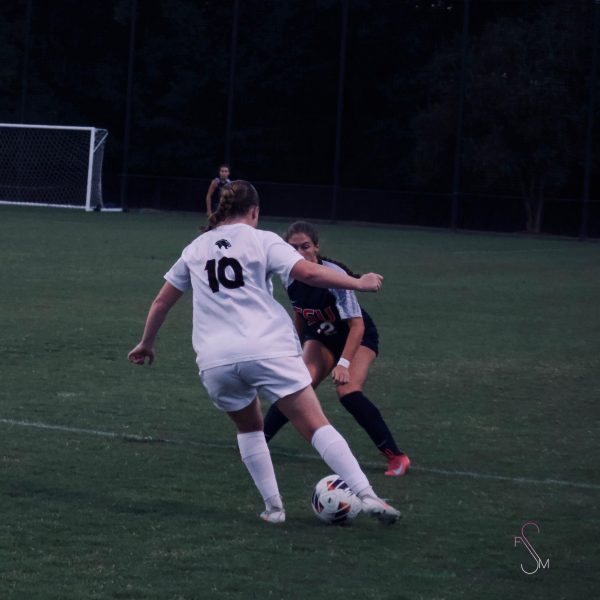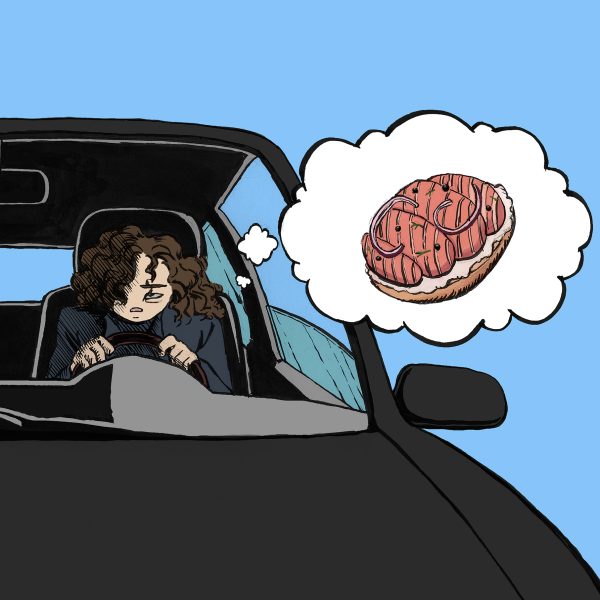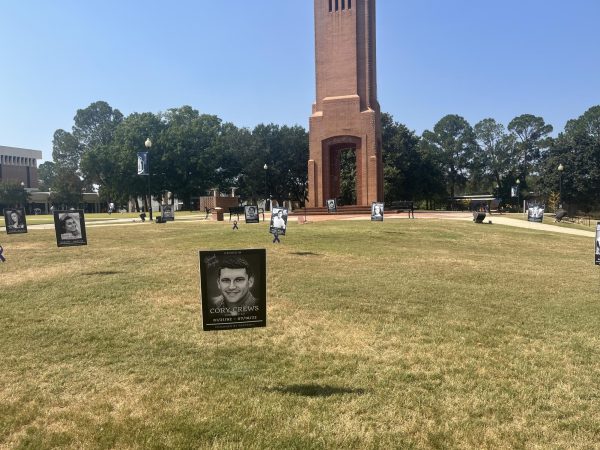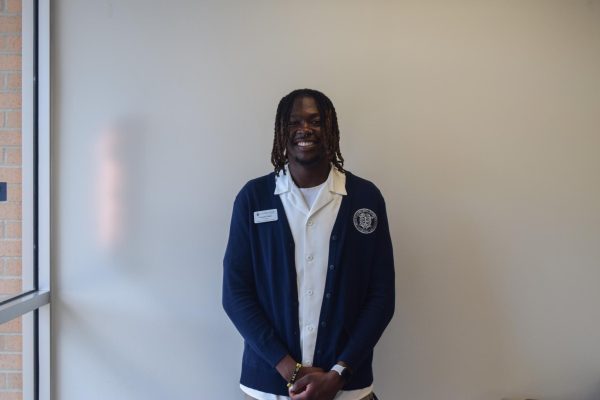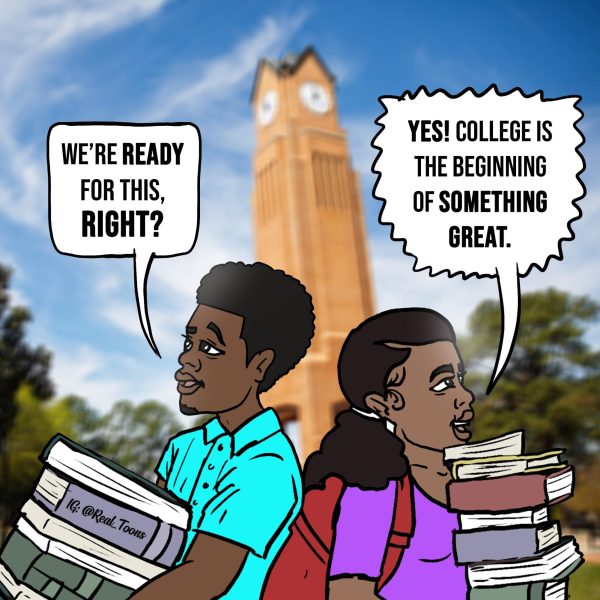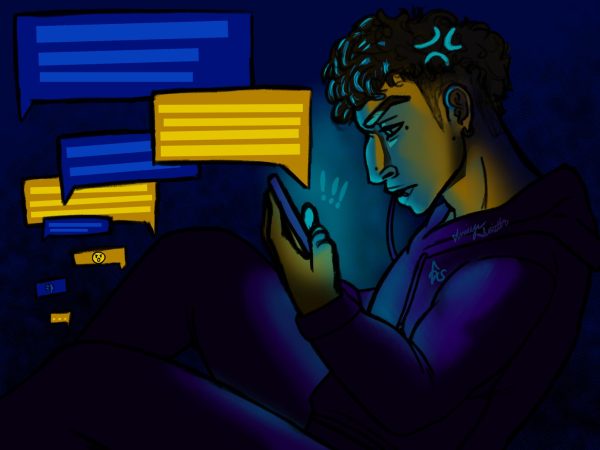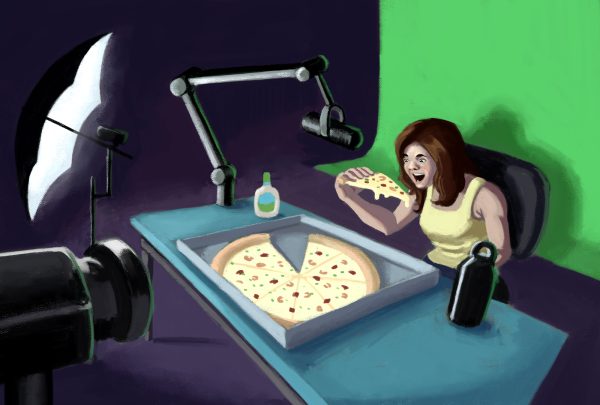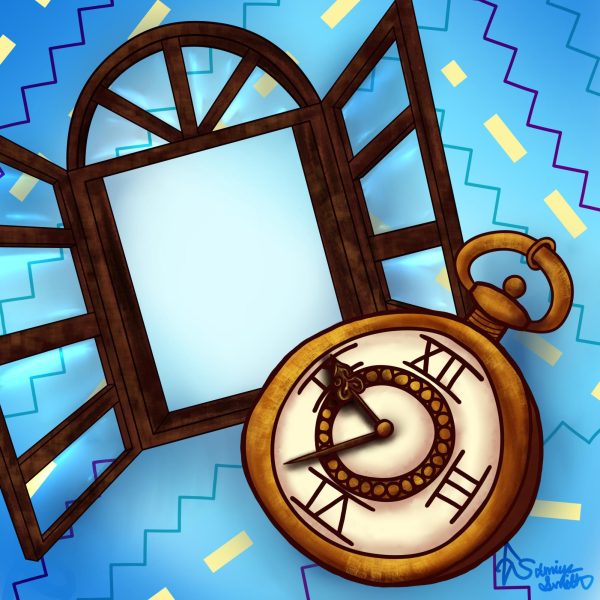Permission
Why I didn’t see myself as a sexual assault survivor until I was allowed to be one
Illustration by Ashley Peterson
*Warning: this article contains descriptions of sexual assault and abuse.
*Names have been changed.
I remember the day my ex, Josh*, sexually assaulted me for the first time. On our way back to his house from the grocery store, we’d had a fight in the car, and he’d slapped me, knocking my head against the window.
“Oh my god! I’m so sorry,” he’d said, swerving to the shoulder. I was rattled. My mouth went dry as tears stung my eyes. I didn’t know what to say.
Later, I would realize this was just another step in his escalating abuse. I was familiar with his lightning fast mood swings. He might wrap me in a hug, saying he wanted to get married. In the next, he might fly into a rage, spewing scorching insults and degrading comments so severe I’d contemplate suicide. Verbal abuse and manipulation were his norm, but physical abuse hadn’t entered his repertoire yet. With this slap, he’d added a new attack.
He’d returned to a calmer state by the time we’d put everything away and lain down on his bed to watch a movie. I was glad to have a veil of peace, but soon, I realized his hands were moving over my thighs, rough calluses scratching my exposed skin. Panic shot up my spine and adrenaline flooded my bloodstream. His hands slowly creeped under my shirt, and my body stiffened as he pulled me closer. My skin prickled from the heat of his breath on my neck.
“No,” I said. He gripped my torso as his anger boiled, and I braced for impact.
“What the fuck, Renee,” he said as he sat up, “Goddammit, fuck you!”
Hovering over me, he screamed like an animal, and my ears rang. He moved off the bed and dumped out my overnight bag, kicking the rolling bottles of toner and conditioner. A new tie-dye tank top fell out, and he grabbed it, pulling at the center until it ripped.
“You’re sleeping with that Brandon guy!” he accused. “I know you are, you slut! You piece of shit!”
He smashed my phone when I tried to keep him from taking it; it was my third one since we’d started dating. I remember pleading with him, telling him I’d have sex with him if he’d just calm down, but it was too late.
I silently sobbed as he tore everything apart.
After a while, he ran out of steam and came over to me. He sighed as he sat down on the bed and apologized for losing his temper.
“You know I hate upsetting you, but when you do things like that, I can’t help but get mad,” he softly scolded.
He hugged me, kissing my cheeks as tears rolled down my face.
“I’m sorry, baby,” he whispered.
I cried from fear and now happiness, too. I was afraid of his explosive anger, of being alone with him in those moments, but I was also afraid of being without him. I needed him to qualify my value as a human being, as a person to be loved, even though he was the very person degrading my perception of my value. I needed his affection in the aftermath. It was the smallest affirmation he wasn’t a monster and he really loved me.
He ended the hug, holding my shoulders as he kissed my forehead. His hands moved to my waist and I felt him unbutton my pants. Inside, I panicked. He was so close, and I worried what might happen if he got mad again.
“No,” I breathed.
“No?” he echoed.
He kissed my neck, the bristle of his beard brushing my skin, and I felt disgust squeeze my throat. Then, he raped me.
I thought about that moment over and over, blaming myself for not acting out, for not saying “no” again, for not pushing him off of me, for not running out the door. It would take years for me to realize what happened was not my fault. None of the times he raped me were my fault.
I hadn’t thought of myself as a sexual assault survivor until I told this same story to my fiancé.
“Wow. Are you ok?” he’d said, and this one genuine reaction reset my view on my past, igniting my drive to confront it in full.
I unearthed things I’d mentally buried, reliving and examining the pain I’d felt almost a decade ago. I’d only come to terms with smaller pieces of the story, and the bigger moments were blurry. I found out I’d mentally blocked out the worst experiences because of the intense pain they held. In psychology, these are known as repressed memories.
Josh had slowly manipulated me into believing I was undesirable sexually and unworthy of love. He kept me at such extreme lows mentally that I thought I deserved every ounce of pain he dealt me, physically and emotionally.
After the physical and sexual abuse started, I reached out to others, mutual friends, describing the abuse, but no one believed he was capable of the things I described. I no longer had any connection to my own friends and family; Josh had worked to isolate me from them by threatening to send out nude photos of me and breaking my phones. I was turned away by people I thought were friends, who I thought would understand, and rumors about me lying about our relationship circulated through those “friends.”
This was a major factor in why the abuse went on even after I voiced my distress and pain. No one gave me permission to be a sexual assault survivor because those I reached out to didn’t want to recognize that their friend would do anything so terrible. Those around me chose to see what they wanted to see, to turn away from the uncomfortable reality that their long-time friend was abusing his girlfriend. It was easier for them to believe I was lying than to confront a friend about an abuse accusation.
Ultimately, no one needs permission to be a survivor. Existence means you are a survivor. In this existence though, we need allies. We need to be seen and heard, to be supported and validated. We must collectively face the uncomfortable conversation happening around sexual assault and the survivors screaming for help. We must be there for those who are most vulnerable to being silenced and erased. We must not look away when society deems it’s time to move on to the next hot topic. We must hold the space for those who need it now, and in the future, so that as a whole, we can heal the damage and work toward a better future.




